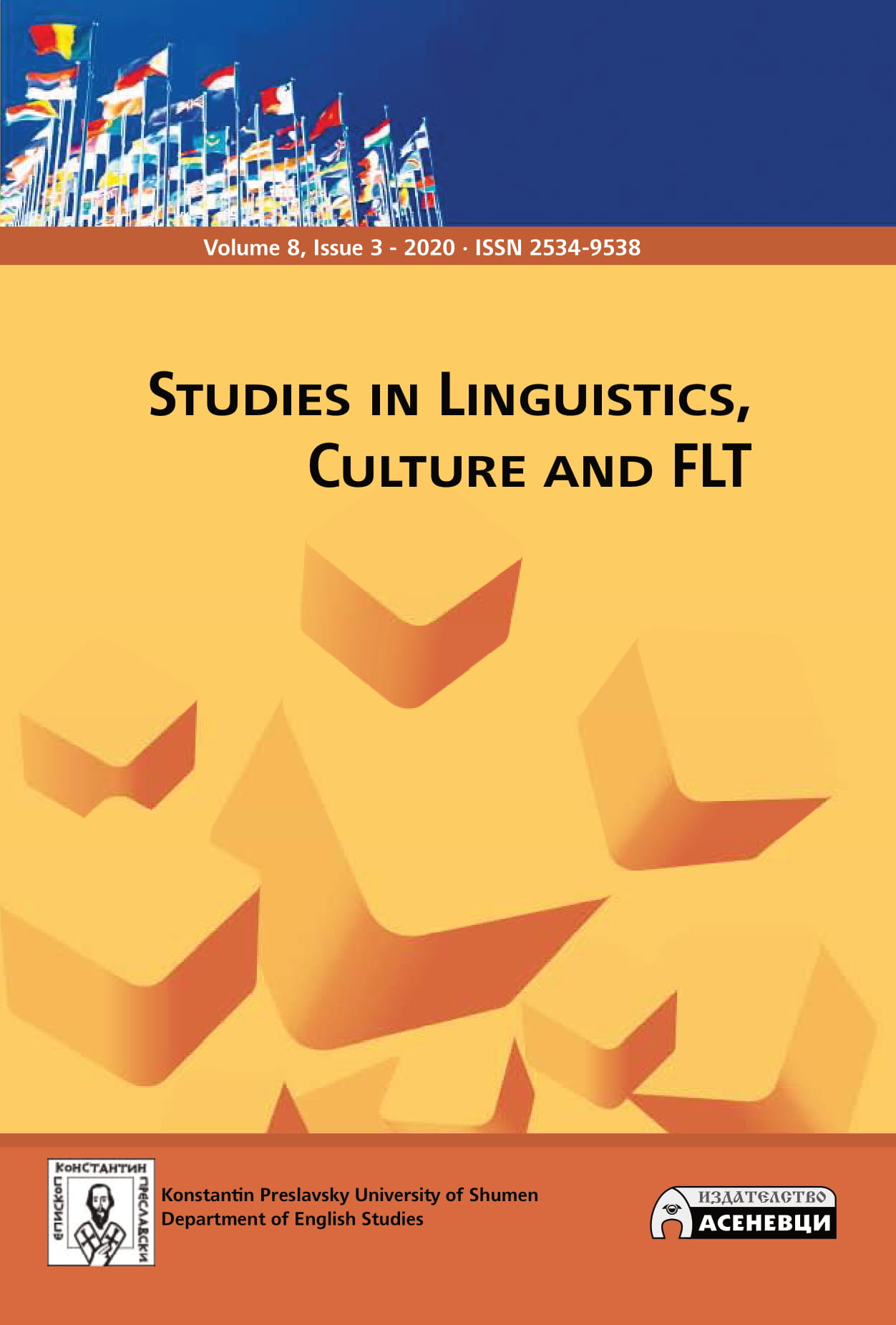Refusal Strategies Employed
By Bulgarian And English Native Speakers
With Higher Status Interlocutors
Refusal Strategies Employed
By Bulgarian And English Native Speakers
With Higher Status Interlocutors
Author(s): Polina MitkovaSubject(s): Language and Literature Studies, Applied Linguistics, Cognitive linguistics, Descriptive linguistics
Published by: Шуменски университет »Епископ Константин Преславски«
Keywords: business communication; negotiations; refusals; discourse - completion task; Bulgarian and English native respondents;
Summary/Abstract: This paper compares the refusal strategies employed by English and Bulgarian native speakers in business settings with interlocutors of a higher status. The data collecting tool is a discourse - completion task (DCT). The refusals are compared in terms of frequency of the semantic formulas and adjuncts. The findings indicate that refusals towards representatives of a higher status are most frequently realized through the semantic formula Reason/Explanation, followed by Regret/Apology and Negation of the proposition for English native speakers or Statement of fact for Bulgarians. Some of the short patterns of strategies observed for Bulgarians are the combinations: Negation of the proposition and Statement of fact, Statement of fact and Warning, Statement of fact and Statement of limit and Statement of fact and Redirecting. These findings should benefit researchers, business people and negotiators who are to overcome intercultural, communicational and linguistic challenges in a globalized world.
Journal: Studies in Linguistics, Culture, and FLT
- Issue Year: 8/2020
- Issue No: 3
- Page Range: 36-47
- Page Count: 12
- Language: English

